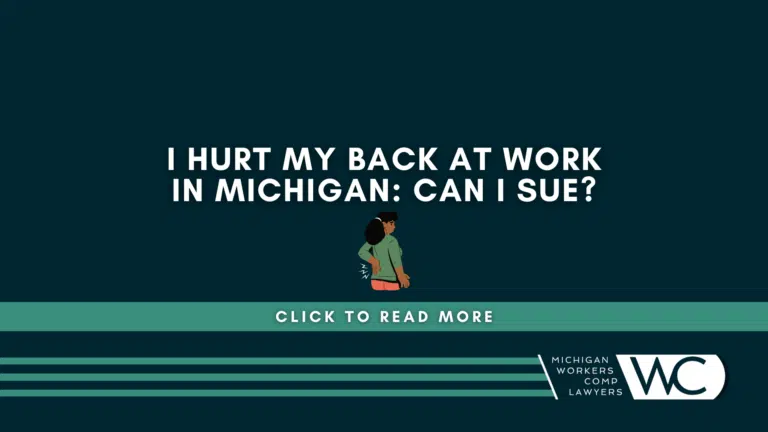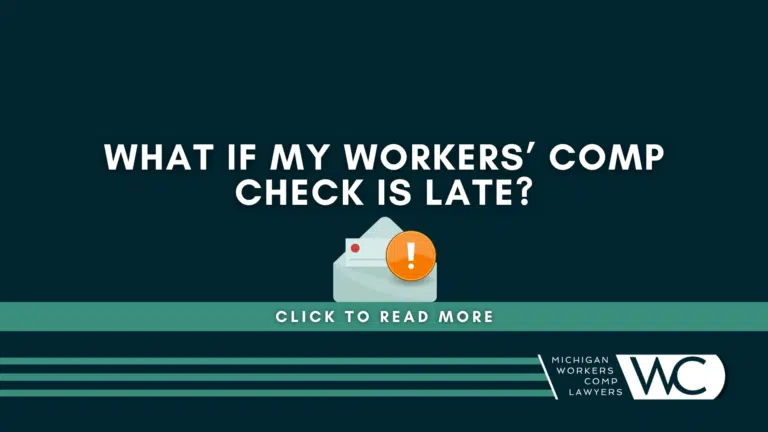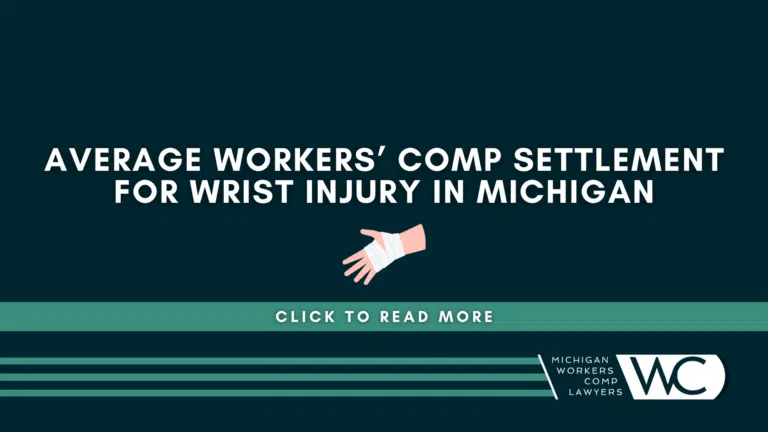How Long Do Workers’ Comp Appeals Take?
Michigan workers’ comp lawyer explains the appeals process when the employer or insurance company file a Notice of Dispute. Workers’ comp benefits are disputed for

Author
Jeffrey E. Kaufman
Michigan Workers Comp Attorney
Michigan workers’ comp lawyer explains the appeals process when the employer or insurance company file a Notice of Dispute. Workers’ comp benefits are disputed for

Michigan lawyer explains how an employee can get workers’ comp for stress and anxiety when disability has been caused by the job. Clients often ask

Michigan attorney discusses lumbar strain workers’ comp settlement and how to protect legal rights. Getting hurt on-the-job can turn a person’s life upside down. Nobody

Michigan lawyer discusses bad faith workers’ comp settlements and how to get maximum recovery. We frequently get asked about workers’ comp settlements. This is when

An update to our annual blog post devoted to spring safety tips for outdoor work. The first day of spring in 2024 was Tuesday, March

Michigan lawyer discusses workers’ comp laminectomy surgery and how it should be covered 100% without dispute. We understand how difficult back pain is for an

Workers’ Disability Compensation Agency (WDCA) publishes weekly rates for 2024 and how you can double check insurance company math. Michigan workers’ compensation rates for 2024

Michigan workers’ comp lawyer explains how to protect legal rights after a back injury and why these claims are frequently denied. Our Michigan workers’ comp

Michigan lawyer explains what to do when workers’ comp won’t pay benefits and gives other sources of financial relief. Michigan law requires employers to cover

Lawyer explains about insurance company penalties if your workers’ comp check is late in Michigan. Many of our clients live paycheck-to-paycheck. It can be a

Michigan lawyer explains how to calculate a fair workers’ comp disability settlement and discusses the redemption hearing process. Our job as lawyers is to make

Michigan attorney discusses average workers’ comp settlement for a wrist injury in Michigan and how to maximize value. Most disabled employees are curious about the
You’re not alone. Our Michigan workers’ comp lawyers have been called the best in the state, and our clients love how they’re treated with care, respect, and responsiveness. We will give you the time you need, we will explain your legal rights, and we will always treat you with respect.
Our workers’ compensation and Social Security disability lawyers always put your needs first. Get to know your legal team.
Our attorneys post regularly about common issues related to workers’ comp, including common injuries, settlement calculations, laws, and more.
Don’t let the insurance adjuster push you around. Request your free consultation today.
"*" indicates required fields
Our attorneys post regularly about common issues related to workers’ comp, including common injuries, settlement calculations, laws, and more.
Our workers’ compensation and Social Security disability lawyers always put your needs first. Get to know your legal team.